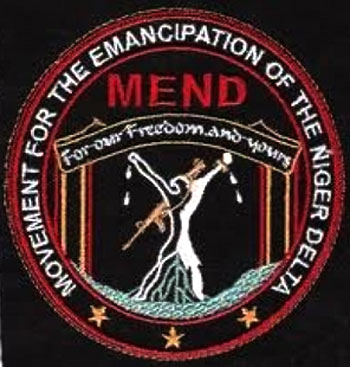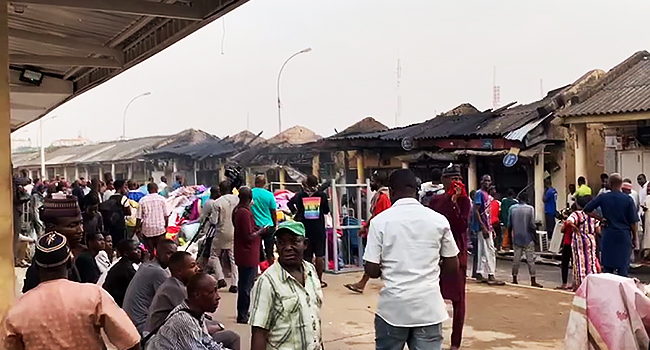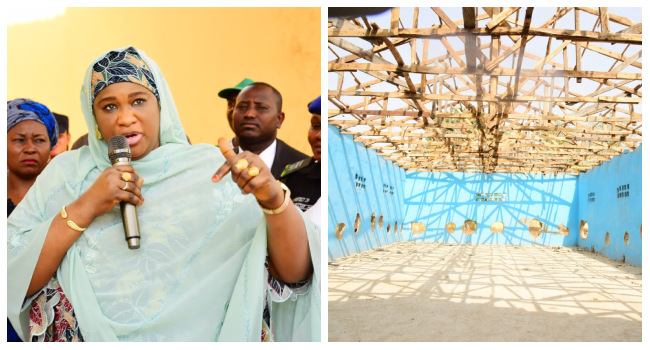
The group in a statement on Tuesday said it rejected what it called the ‘kangaroo court sentence’ slammed on Mr. Okah, just as legal practitioner, Mr. Festus Keyamo, condemned the sentence, describing it as politically motivated.
The statement signed by Jomo Gbomo, expressed the group’s displeasure, saying “MEND is disappointed but not surprised that the South African judiciary has compromised.”
“Boko Haram has killed more innocent Nigerians than any other militant group in the country and yet their spokesperson was handed a three year sentence.”
Describing the sentence as “the height of injustice to our region and people”, MEND threatened to resist it by all means necessary, warning that consultations were on-going with some stakeholders and elders of the region, and adding their position would be made known later.
The group, however, insisted that the judgement would not deter it from continuing its fight against the emancipation of the people of the Niger Delta.
In a press statement, Mr. Keyamo claimed that the sentencing was totally flawed as, Mr Okah was not given adequate facilities for his defence.
“The decision of the South African Court that convicted Henry Okah this morning of charges relating to terrorism is politically motivated and legally incorrect.
“The fundamental flaw in the trial is that Henry Okah was not given adequate facilities and the opportunity to defend himself. This is because after the prosecution closed its case in South Africa, the defence attorneys and my Chambers here in Abuja tried frantically to summon the witnesses of Henry Okah who are based here in Nigeria to testify on his behalf. These witnesses include some government officials.”
Acting as a counsel to Okah’s brother, Charles Okah, and some others facing facing similar charges under the Nigerian laws, Mr. Keyamo said he had been actively involved in coordinating both trials in South Africa and Nigeria.
In his statement, Keyamo claimed he had written to the Attorney-General of the Federation who in his reply directed Okah’s counsel in South Africa to apply for legal assistance of the Nigerian Attorney General Office two weeks ago.
He maintained that the South African Court did not accord Okah’s counsel time and facilities needed to follow these directives as it foreclosed his opportunity to call witnesses and rushed to convict him. He described this move as a breach of Okah’s fundamental right to fair hearing and an obvious attempt by the South African authorities to please Nigeria at all cost.
“Whilst all Nigerians empathise with those who lost their lives and limbs in the October 1, 2010 bombing, it is wrong to convict anybody for it without due process. Henry has been convicted without due process,” Keyamo said.
He added: “I condemn this judgment and call on Nigerians and the international community to condemn the trial and judgment of Henry Okah whose only offence was his refusal to accept the so-called amnesty offered by the Yar’Adua-Jonathan administration and his insistence on the Niger-Delta controlling its resources.”
Mr. Keyamo, therefore, implored the Nigerian government to “immediately use all diplomatic efforts to ensure that Henry Okah does not die in a South African prison and for the South African government to grant him unconditional pardon. This is without prejudice to his right to appeal against the judgment.”




